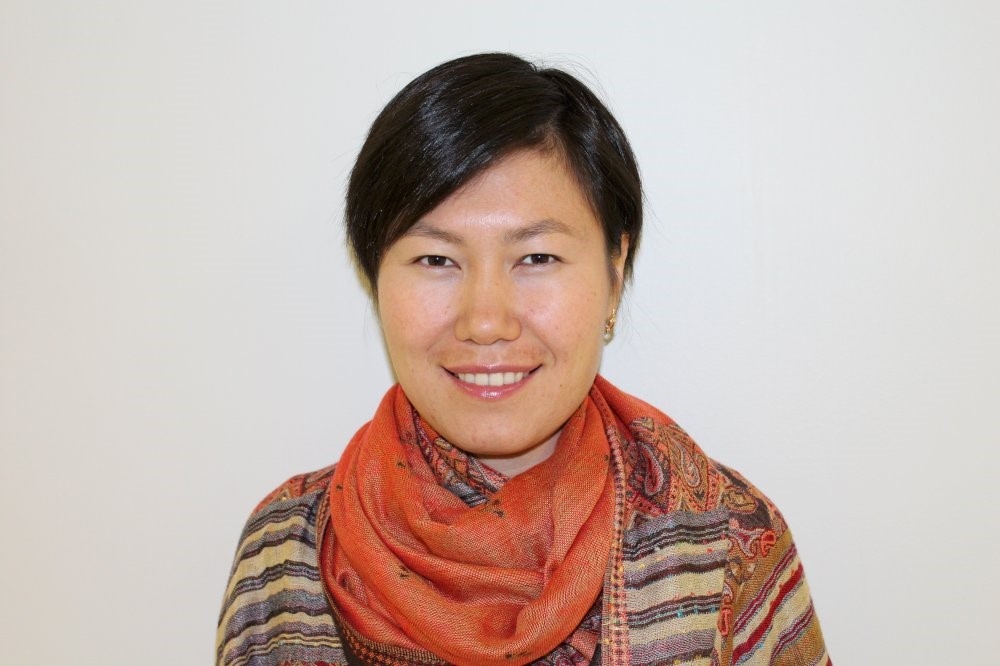- Tell us about yourself: My name is Ziyba Ibragimova. I received an M.Ed in Leadership & Administration in August of 2015
- What are you doing now?: I have started my own enterprise called One Small World Trainings. I offer workshops on cultural competence and cultural awareness for both mainstream Canadian groups or organizations and immigrant/refugee groups. I also offer mental health wellness workshops for immigrant/refugee groups.
- Why did you choose a program in the School of Education at Gonzaga? Gonzaga has a history in my area of offering reputable Masters level programs.
- What influenced you the most during your time at Gonzaga? My advisor and at times instructor, Dan Mahoney, was the greatest influence on me. His genuine caring for all of us, patience, understanding, and willingness to teach us how to do things right rather than just give a grade was truly admirable. He is an authentic leader who is not driven by his ego. I don’t believe anyone anywhere could have done a more complete or excellent job.
- What was your greatest lesson learned at Gonzaga? Through various presentations in most of our classes, I developed my creativity and confidence in going outside the norm. My goal was always to appeal to the audience. I wasn’t much aware of my own capacity for this until I did my Master’s. In general, my experience with Gonzaga helped me believe in myself and see the sky as the limit.
- What is the most rewarding aspect of working in your field? Most challenging? The most rewarding aspect is the hope that I may make a difference in bringing people together. Being invited into the lived reality of immigrants and refugees is a privilege that teaches me in many ways. The challenge is to stay open to seeing what is needed and what will work to bring about the well-being of others.
- What critical issues do you see that need to be addressed in your field? In terms of immigrants and refugees, very little is happening to integrate each into mainstream society both emotionally and in awareness. Similarly, nothing is being done to help mainstream society understand the newcomers. Hence, there are divisions and lack of trust that need not be there. Right now I am working with Syrian women, and being with them, understanding them, feeling accepted by them and seeing their challenges to integrate into Canadian society is fulfilling and enlightening. Expanding this work to other communities and to mainstream Canadians is not easy.
- What advice do you have for future education professionals? Go outside your comfort zone. Recognize that finding a new understanding of oneself is exciting and strengthening. Be creative in every venture.

Leave a Reply